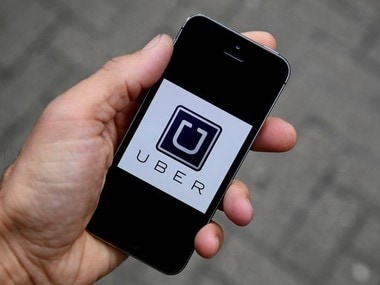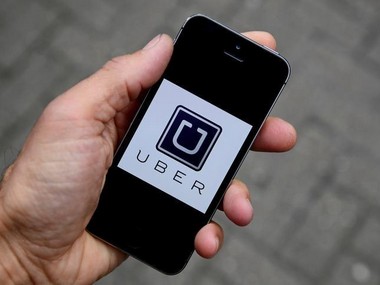The European Court of Justice, whose word is final and cannot be appealed, has held that Uber is a taxi service provider and not merely a portal to bring the riders and non-professional drivers together. Uber now will have to comply with all the regulatory requirements obtaining for taxi service companies including licensing of drivers and other safety features. Well done European Court of Justice! This judgment is significant against the backdrop of the raging debate in India over the responsibilities of e-commerce portals like Flipkart, Amazon, Ola and Uber. All the more so in the light of the ongoing controversy over fake products being sold by unscrupulous sellers riding piggyback on the marketplace offered by reputed e-commerce portals. The e-commerce portals have been smugly shrugging off their responsibilities for the quality of the products and services offered by the players, their tax liability and their legal liability for violation of intellectual property rights including trademarks. “We only get fees or commission; ergo we cannot verify the antecedents and other facets of the thousands of sellers flocking our portals”, is the refrain of these portals. It is time we called their glib talk if not their bluff. While what goes on between drivers and aggregators is their business, drivers often open up and reveal small secrets after driving a few miles. It is said that as much as 26 percent of the fare is taken away by Ola and Uber in India. If this indeed is the case, the disruptors should not be allowed to get away lightly. [caption id=“attachment_4209621” align=“alignleft” width=“380”]  Representational image. Reuters[/caption] In India, all portals and apps have been taking shelter behind section 79 of the Information Technology Act that protects websites from consequences emanating out of acts of omission and commission by its users. The truth is that the immunity is to the likes of Facebook which possibly cannot take responsibility for the contents posted by millions of its account holders and others. It was by no stretch of imagination meant as an escape route for trade and commercial portals like Amazon, Flipkart and Ola. Nor does the ‘ticking’ of “I agree” box deprive the customers of their rights otherwise available under the law of the land. By ticking the I agree box, online buyers supposedly absolve the e-commerce platforms of the consequences of the shenanigans of the sellers. No Sir, no. The settled law is that those that have to be accepted as a precondition for proceeding with the transaction are not binding if they are oppressive or one-sided. The GST law sought to put a semblance of responsibility on the online portals by mandating them to deduct 1 percent GST on behalf of the traders selling through them. Unfortunately, this has been put on the back-burner. The USA pampers online portals even more by sparing them of any sales tax liability which naturally impels buyers to buy even sundry items online thanks to absence of sales tax. India’s GST law is better as it not only does not confer this immunity but also deprives sellers selling through e-commerce portals the benefit of the compounding scheme that lets them off with a rap on their knuckles. But as it is our law cossets the e-commerce portals on the ground that they merely offer marketplace for sellers and buyers to come together. There is a view that gig economy has received a setback as a result of the tough stance taken by the European Court of Justice against Uber. But it is equally true that unscrupulous traders have been riding piggyback on the reputation of the e-commerce portals and fobbing off shoddy products with fabulous discounts. While it would be cruel to burden e-commerce platforms with all legal, tax and other consequences, it would be anti-consumer to expect consumers to fend for themselves. Apologists for e-commerce platforms blithely aver that buyers should up their ante when huge discounts are offered because such mind-boggling discounts are clear pointers to products being shoddy. This is disingenuous. The onus ought to be on the portals. The portals should introduce filters to catch abnormal terms and conditions of sales to flag them so that the consumers are forewarned. The BSE and NSE use filters to flag abnormal price movements. So must the e-commerce portals though the task is arguably more difficult as products are not homogenous.
E-commerce portals have been smugly shrugging off their responsibilities over the quality of products and services offered by those on their portal, their tax and legal liability for violation of intellectual property rights (IPR) including trademark
Advertisement
End of Article


)



